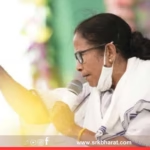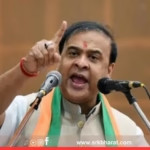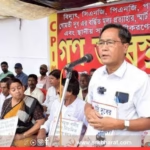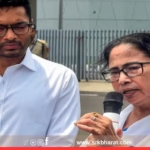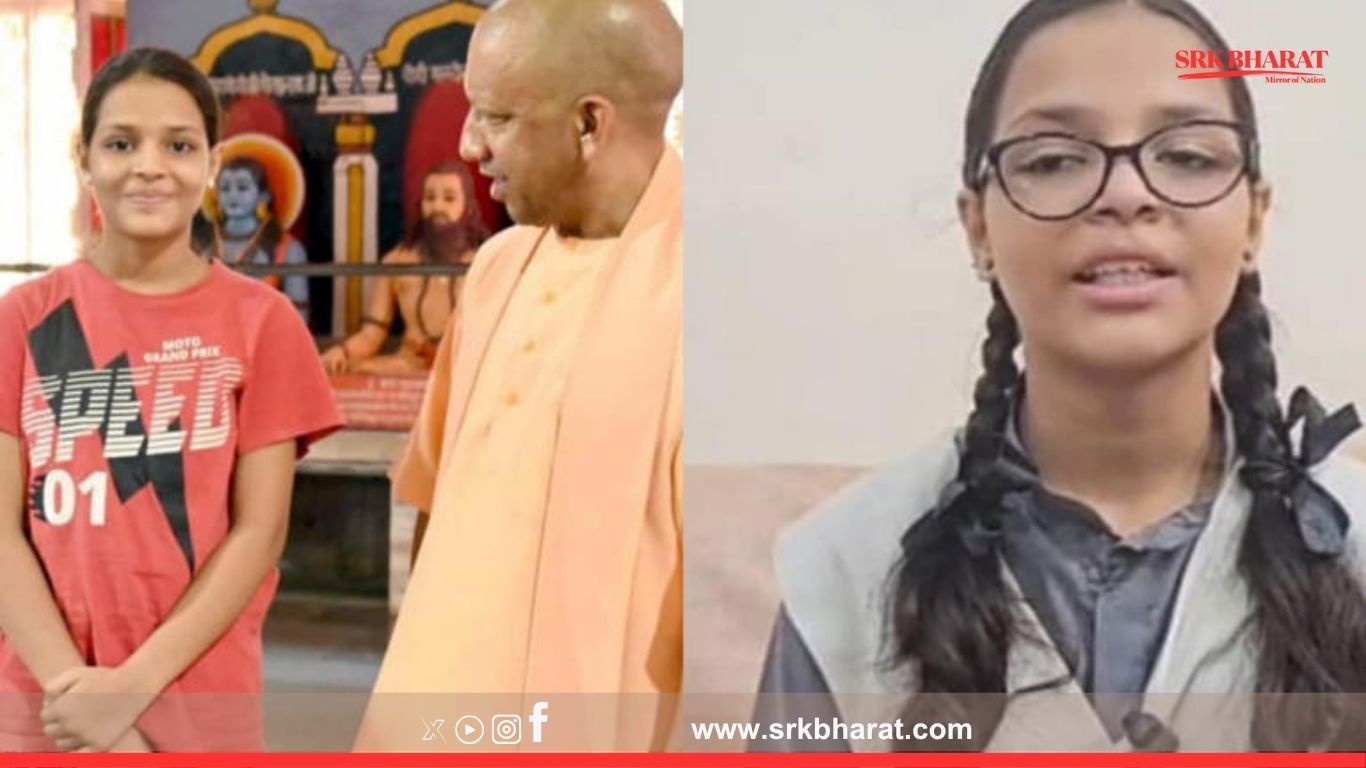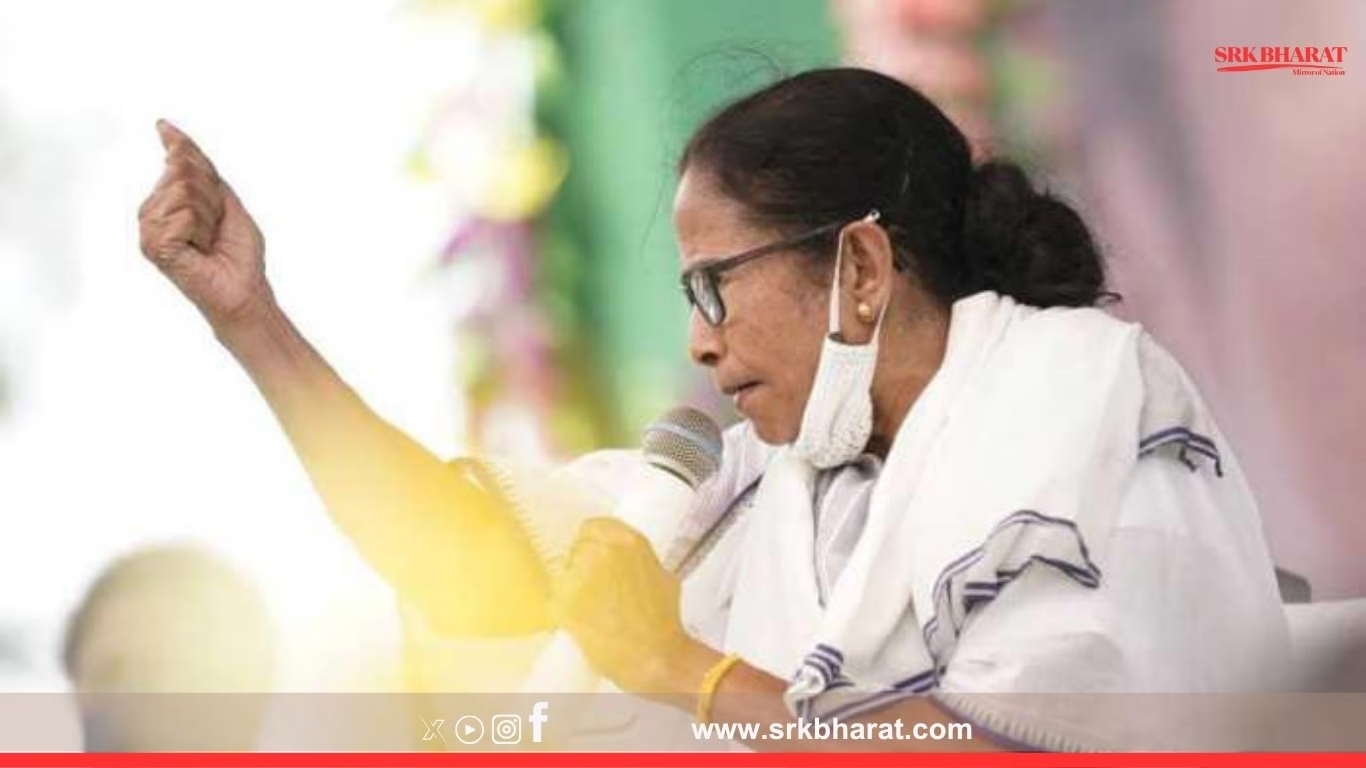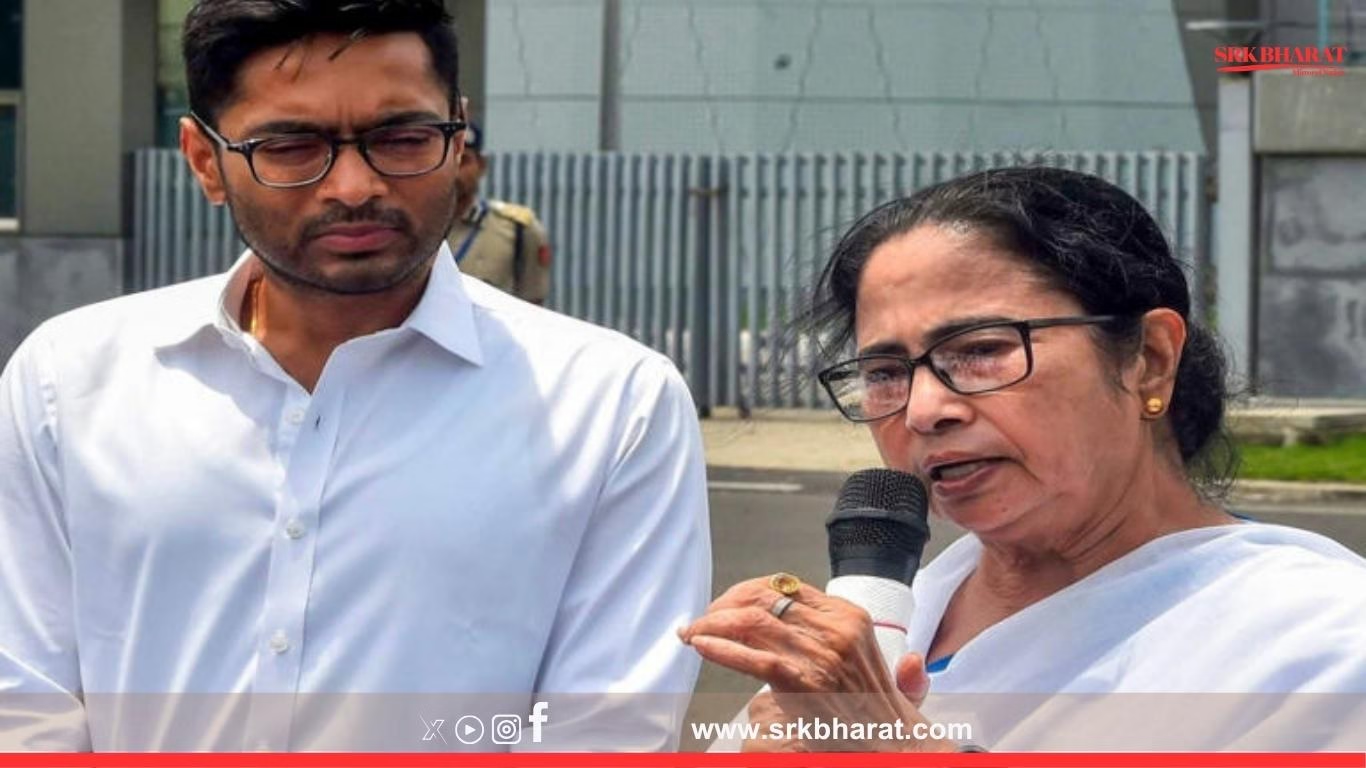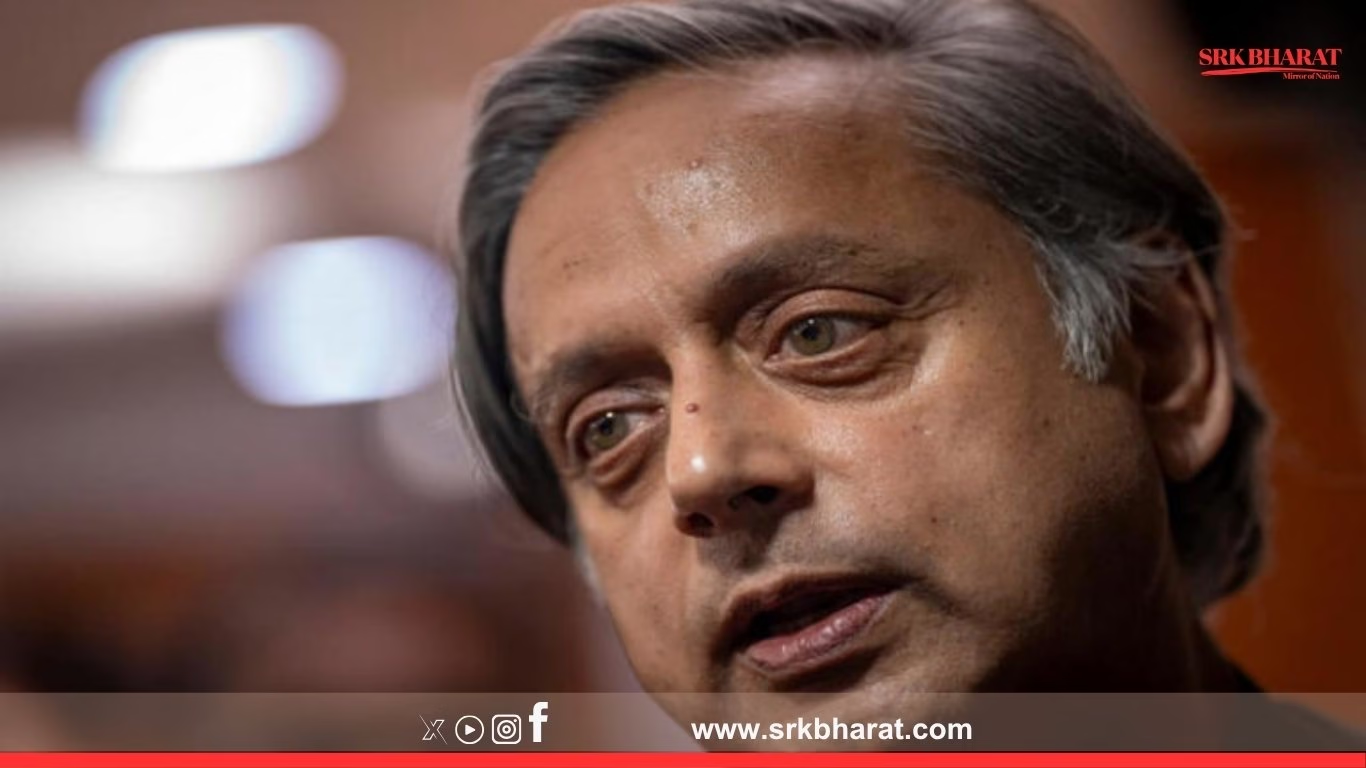In a heartwarming example of direct governance impact, a teenage girl from Gorakhpur, Uttar Pradesh, has become a local celebrity after her emotional plea to Chief Minister Yogi Adityanath led to her readmission to school, reigniting her dreams of education and dignity.
The Viral Appeal That Changed Everything
Fourteen-year-old Poonam (name changed for privacy), hailing from a marginalised family in Pipraich block, had been forced to drop out due to financial constraints and familial responsibilities. Her video appeal to CM Yogi Adityanath, recorded on a neighbour’s phone, quickly went viral after being shared by local activists.
In the video, Poonam can be seen fighting back tears as she says:
“I want to study. Please help me get admission again so I can become a teacher and educate girls like me who drop out because they are poor.”
Her sincerity and clarity of purpose struck an emotional chord among viewers across Uttar Pradesh, eventually reaching state officials and the CM’s office.
Immediate Action From District Administration
Following the viral circulation of her video, Gorakhpur District Magistrate Dr. Krishna Karunesh ordered an immediate inquiry. Within 48 hours:
- Education department officials visited her home and verified her documents.
- She was re-enrolled in Class 9 at the nearest government girls’ inter college.
- Authorities provided her with textbooks, uniforms, and a bicycle under state schemes for girl child education.
Community Reaction: From Anonymity To ‘Local Hero’
| Stakeholder | Reaction |
|---|---|
| Teachers | Praised her determination and clarity of goals at a young age. |
| Villagers | Now treat her with newfound respect, calling her ‘hamari beti jo CM se baat karti hai’ (our daughter who speaks to the CM). |
| Peers | Inspired by her courage to raise her voice against socio-economic barriers. |
Her school headmistress stated:
“She is a bright student with leadership qualities. We will support her fully to ensure she continues her studies.”
CM Yogi’s Stand On Girls’ Education
Chief Minister Yogi Adityanath, himself a Gorakhpur MP, has frequently reiterated his government’s commitment to educating every girl child to build an empowered Uttar Pradesh. In this case:
- Officials reported the matter to the CM’s grievance cell, which prioritised it under Mission Shakti, the flagship women empowerment initiative.
- CM Yogi later mentioned Poonam’s story in a regional meeting, saying:
“No girl should ever be forced to quit education due to poverty. Her determination is a message to all parents and society.”
Structural Barriers Girls Face In Rural Uttar Pradesh
Despite multiple schemes promoting girl child education, barriers persist:
| Barrier | Impact |
|---|---|
| Poverty | Families prioritise boys’ education over girls, viewing them as economic burdens. |
| Early Marriage | Many girls drop out by Class 8 due to societal pressures of early marriage. |
| Safety Concerns | Lack of safe transportation to distant schools discourages continued education. |
| Household Responsibilities | Girls are pulled out to care for younger siblings or manage domestic chores. |
Government Initiatives To Counter Dropouts
The Uttar Pradesh government has launched multiple schemes targeting these issues:
- Kanya Vidya Dhan Scheme: One-time grant to meritorious girl students completing Class 12 to pursue higher education.
- Beti Bachao Beti Padhao: Awareness campaigns and financial incentives for girl education continuity.
- Free Bicycle Distribution: For girls in Classes 9-12 to ensure safe and easy commuting.
- Mission Shakti Phase II: Includes community sensitisation drives on girls’ education and safety.
Local NGOs’ Role In Amplifying Voices
In Poonam’s case, grassroots activists played a pivotal role by:
- Recording her video appeal.
- Sharing it strategically among media networks and district officials.
- Following up persistently to ensure administrative response.
Rajiv Srivastava, a local social worker, remarked:
“The system often overlooks quiet suffering. When girls like Poonam gather courage to speak up, it becomes our duty to amplify their voices until change happens.”
Poonam’s Dreams Beyond School
In her interaction with local media after being re-admitted, Poonam said:
“I want to become a teacher so that no girl in my village remains uneducated. Education brings respect.”
Her father, a marginal farmer, said he regrets not being able to support her earlier but is proud of her courage:
“We never imagined the CM would listen to our daughter. She is like a celebrity here now. Everyone praises her.”
Experts View: Empowerment Through Education
Child rights expert Dr. Neha Dubey explained:
- Stories like Poonam’s highlight the urgent need for systematic monitoring of girls’ education status at block levels.
- Bridging dropout rates requires integrated efforts of welfare schemes, safety assurance, parental counselling, and local leadership support.
- Direct grievance redressal mechanisms such as CM’s portals are powerful tools but need proactive outreach for vulnerable communities unaware of their rights.
The Ripple Effect: Beyond One Girl
Since Poonam’s story went viral:
- Three other girls in neighbouring villages have contacted local teachers seeking re-admission guidance.
- Block education officers have initiated surveys to identify recent dropouts and bring them back to school before the new academic year stabilises.
Conclusion
Poonam’s journey from dropout to ‘celebrity student’ is a testament to the transformative power of education, courage, and responsive governance. Her story underscores the reality that millions of girls in India still remain on the margins of education due to socio-economic barriers, yet it also demonstrates how systemic support, combined with individual determination, can script narratives of dignity and hope.
As Uttar Pradesh continues to work towards universal education goals, voices like Poonam’s remind us that empowered girls create empowered communities.
Disclaimer: This news content is for informational reporting purposes only. Readers are advised to follow official education department notifications for detailed eligibility criteria, scheme benefits, and grievance redressal processes related to girl child education programmes.


